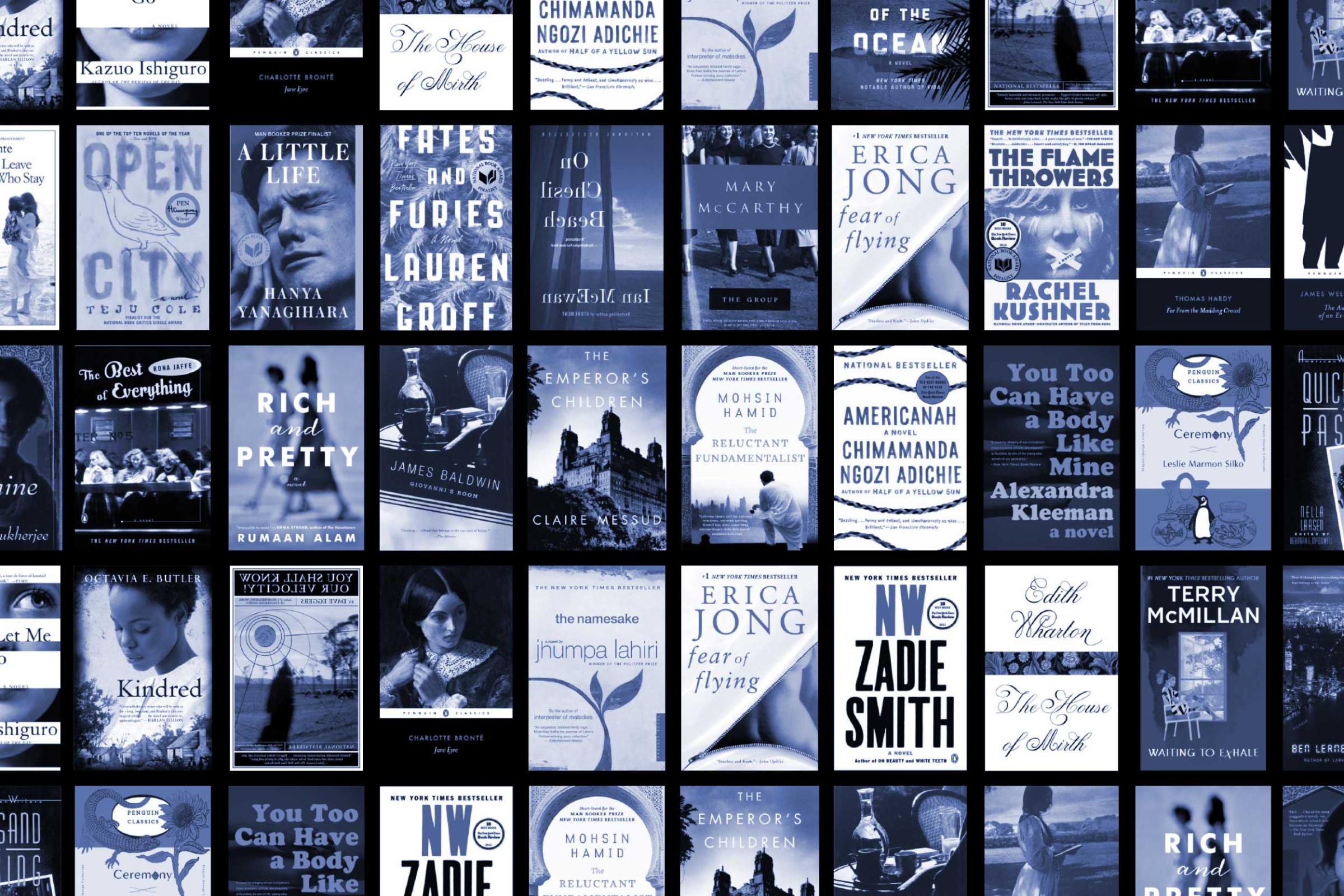
Great literature grows out of periods of change, and there are few transitions more more, well, transitional than the end of your twenties and the onset of the whole rest of your life. Whether it’s Edith Wharton in The House of Mirth or Chimamanda Ngozi Adichie in Americanah, authors have made narrative hay of that period in life. Here are 30 favorites from an informal poll of TIME staffers.
Americanah, Chimemanda Ngozi Adichie (2013)
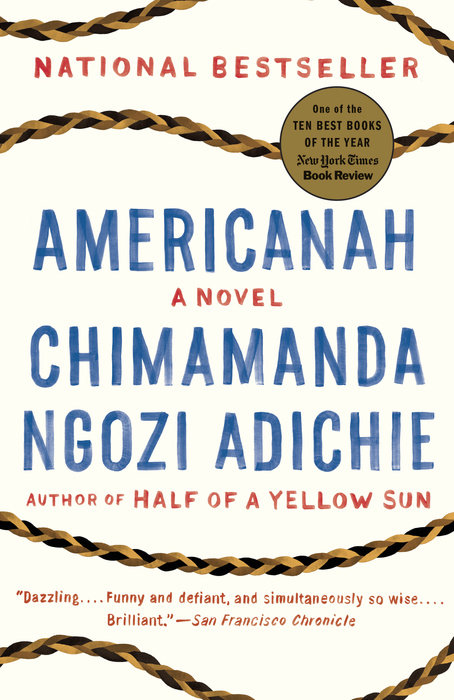
Ifemelu leaves her native Nigeria to study in the U.S.; through her relationship with a white man, her Princeton fellowship and her work writing a blog about race in America through the eyes of an outsider, she never stops thinking about her high school boyfriend. But when they reunite in Lagos 15 years later, everything has changed.
In a 2013 review, TIME wrote, “to the extent that this is a novel of ideas—and it teems with enough thoughts on race, class and gender to stock a yearlong graduate seminar—Adichie is smart about placing them in the context of resonant contemporary history.”
Rich and Pretty, Rumaan Alam (2016)
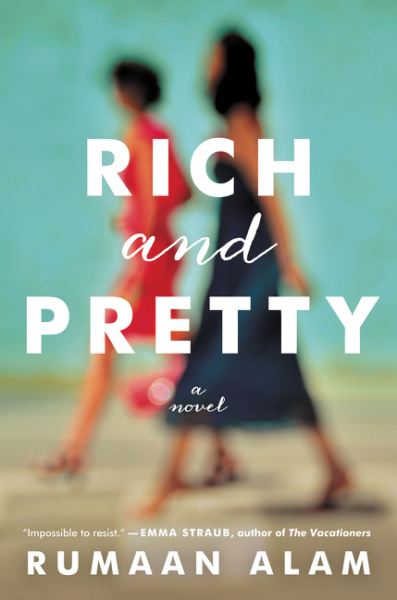
Two women who’ve been friends since high school try to reinvigorate their relationship when one becomes engaged and asks the other to be her maid of honor; yet as their lives move in increasingly different directions, their friendship strains.
Giovanni’s Room, James Baldwin (1956)
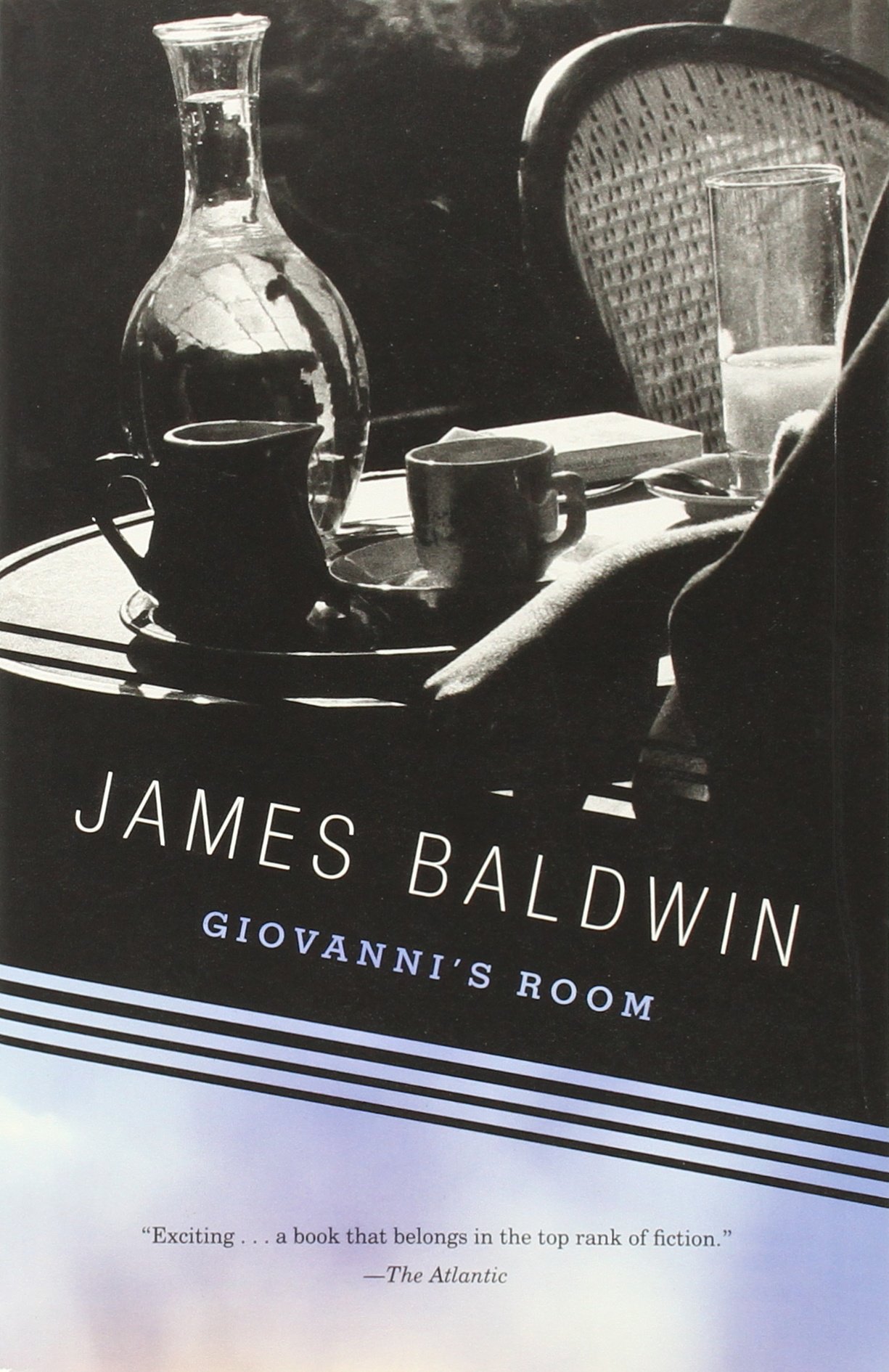
A young American man living in Paris confronts his sexuality after entering into a romantic relationship with an Italian bartender named Giovanni.
Jane Eyre, Charlotte Bronte (1847)

The new governess of Thornfield Hall finds herself increasingly attracted to her employer, Mr. Rochester—until she discovers the skeleton in his closet.
Kindred, Octavia E. Butler (1979)
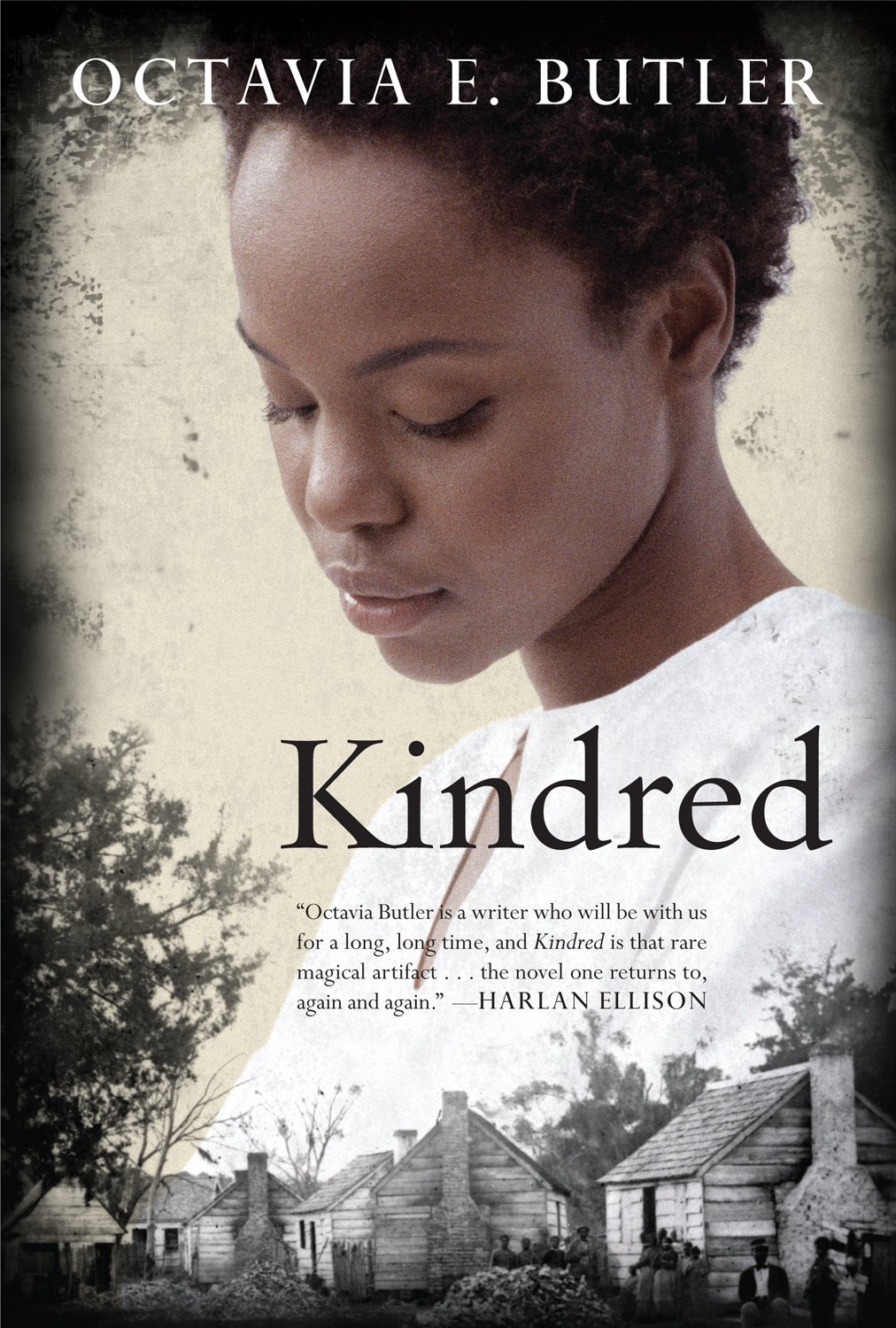
On her 26th birthday, a black woman finds herself kidnapped and transported from 20th century California to the antebellum South. She begins regularly shuttling between the present and the past where her ancestors slave away on a plantation.
Open City, Teju Cole (2011)
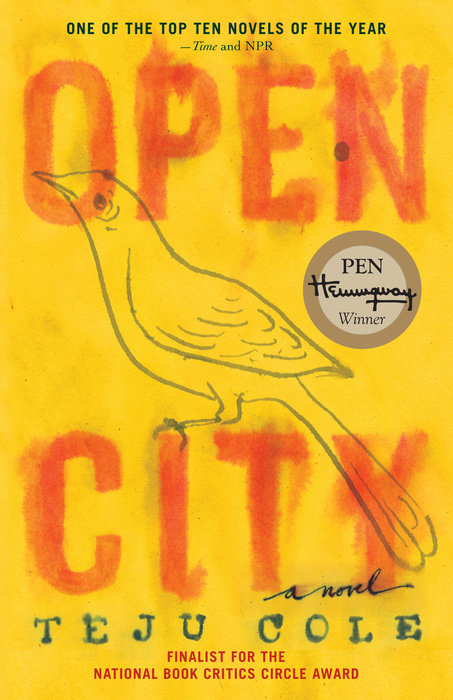
A newly single young doctor in his psychiatry residency wanders around Manhattan, ruminating on the city, with insights on his society, global history and his future.
In its ranking of the top 10 fiction books of 2011, TIME called Open City “a profoundly original work, intellectually stimulating and possessing of a style both engaging and seductive.”
You Shall Know Our Velocity, Dave Eggers (2002)
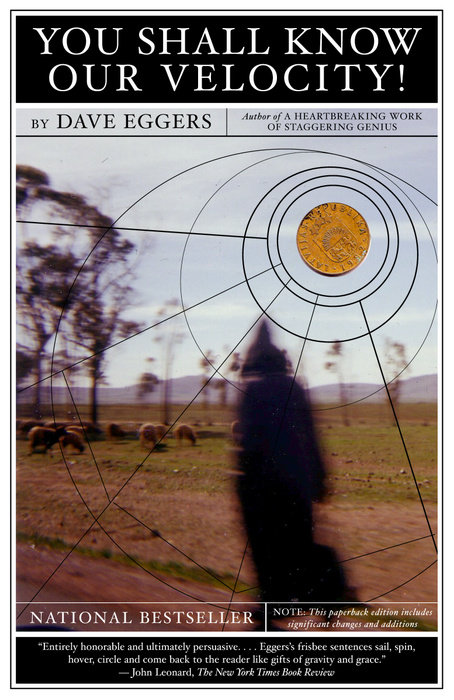
After a young man dies in a car accident, his two 27-year-old best friends embark on a trip around the world to give away $32,000 to the most deserving people they can find.
In a 2002 review, TIME wrote, “Eggers’ strengths as a writer are real: his funny, pitch-perfect dialogue; the way his prose delicately captures the bumblebee blundering of Will’s thoughts … and the stream-water clarity of his descriptions.”
The Veins of the Ocean, Patricia Engel (2016)
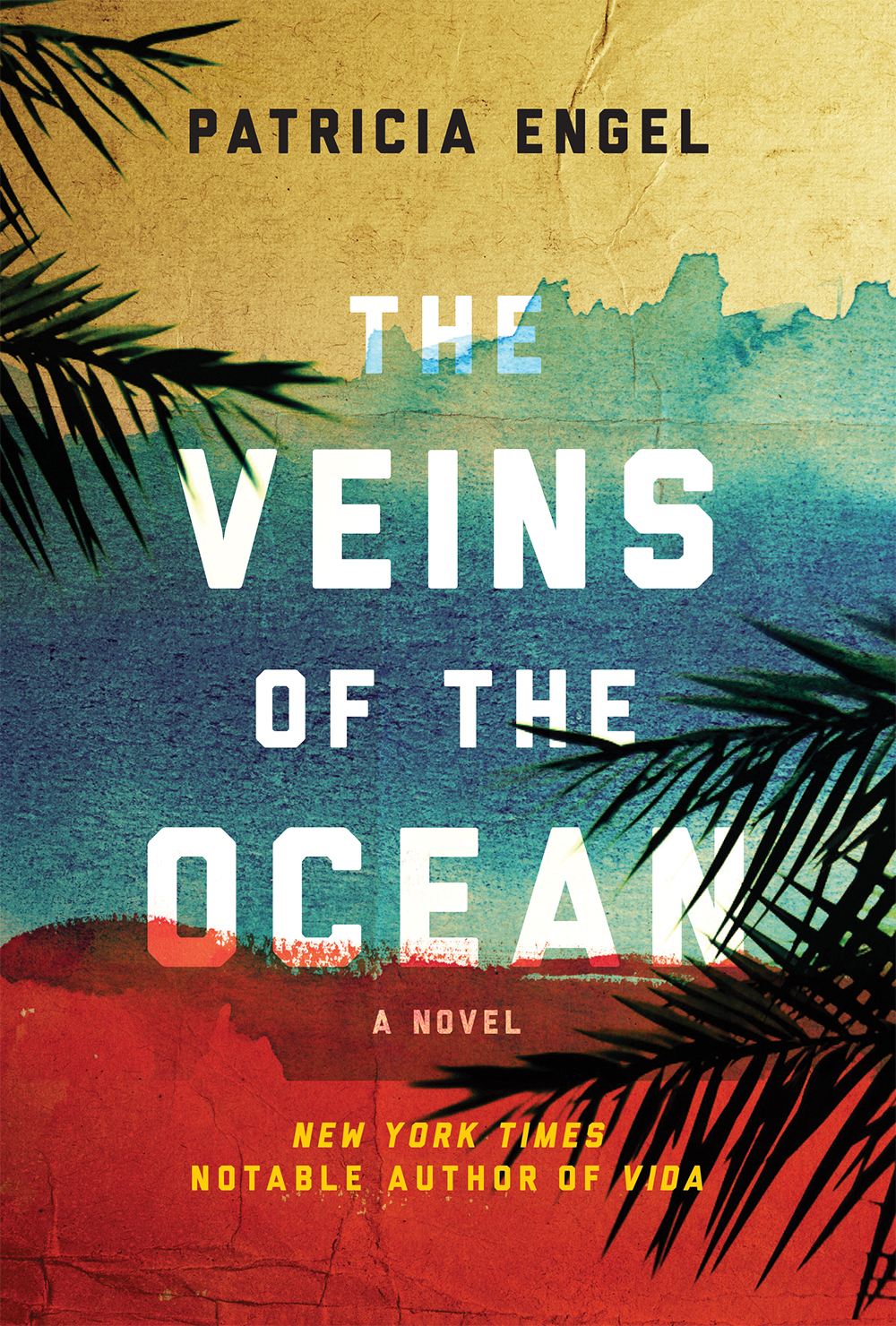
A young Colombian-American woman moves from Miami to the Florida Keys after her brother commits suicide; he had been incarcerated for killing an infant. She finds a new sense of community with a Cuban immigrant awaiting his family’s arrival.
Those Who Leave and Those Who Stay, Elena Ferrante (2014 U.S.)
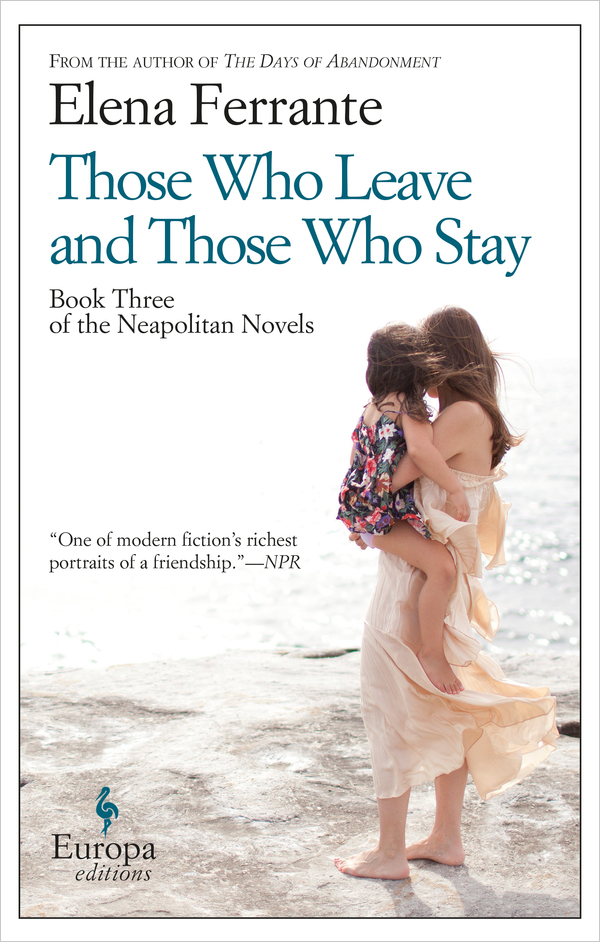
In the third installment of Ferrante’s Neapolitan quartet, childhood best friends Lenu and Lila have made choices that led them down very different paths: Lenu went to college and has a burgeoning career as a respected writer, while Lila has separated from an abusive husband and works in a sausage factory. Yet even in such disparate milieux, the competition between the women never lets up.
Fates and Furies, Lauren Groff (2015)
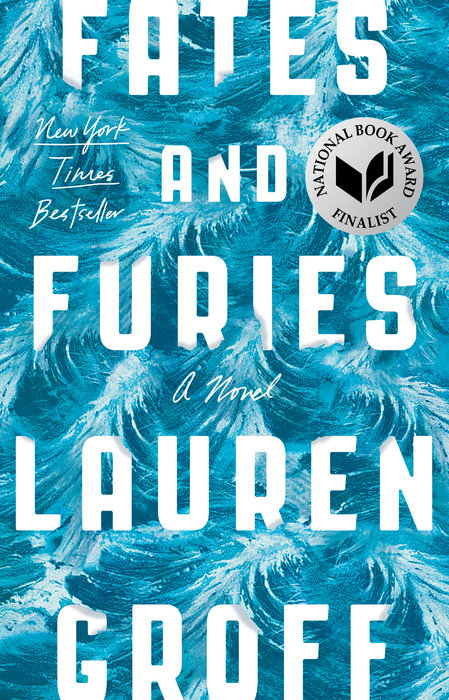
This story of a marriage spans decades, with much of the intrigue concentrated in a particularly tumultuous era in the couple’s 20s and 30s as they leave college, enter new jobs, then begin early middle age.
In a 2015 review, TIME wrote, “amid the pain, there’s something abidingly lovely about this story, something beyond the virtuosic prose that makes a partner’s unknowability bearable.”
The Reluctant Fundamentalist, Mohsin Hamid (2007)
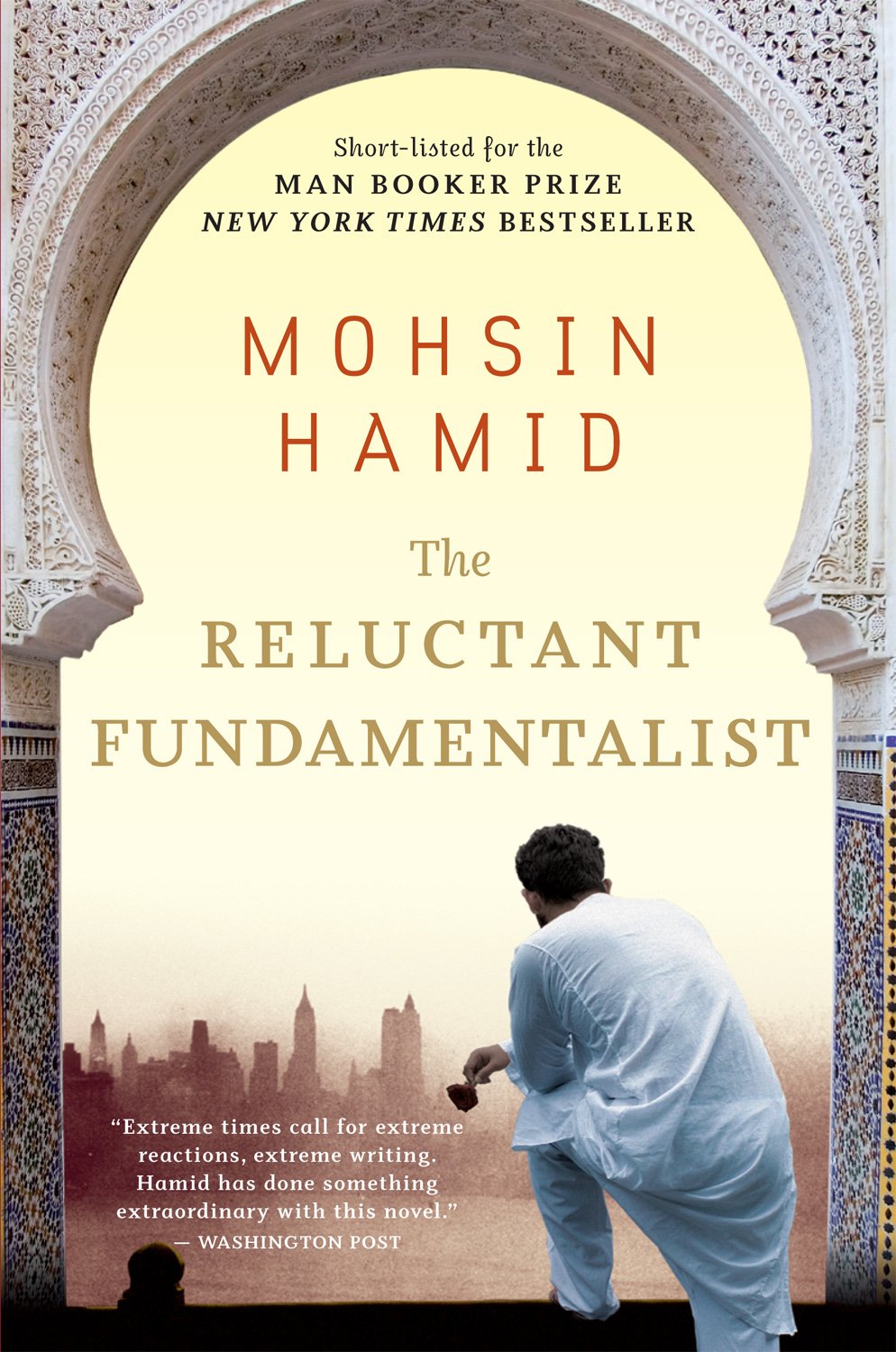
A young Pakistani man, fresh out of college and working in New York’s financial industry, is alarmed by his own reaction to the towers falling on 9/11. Several years later, he’s in Lahore, explaining to an American how the event changed his life.
Far From the Madding Crowd, Thomas Hardy (1874)
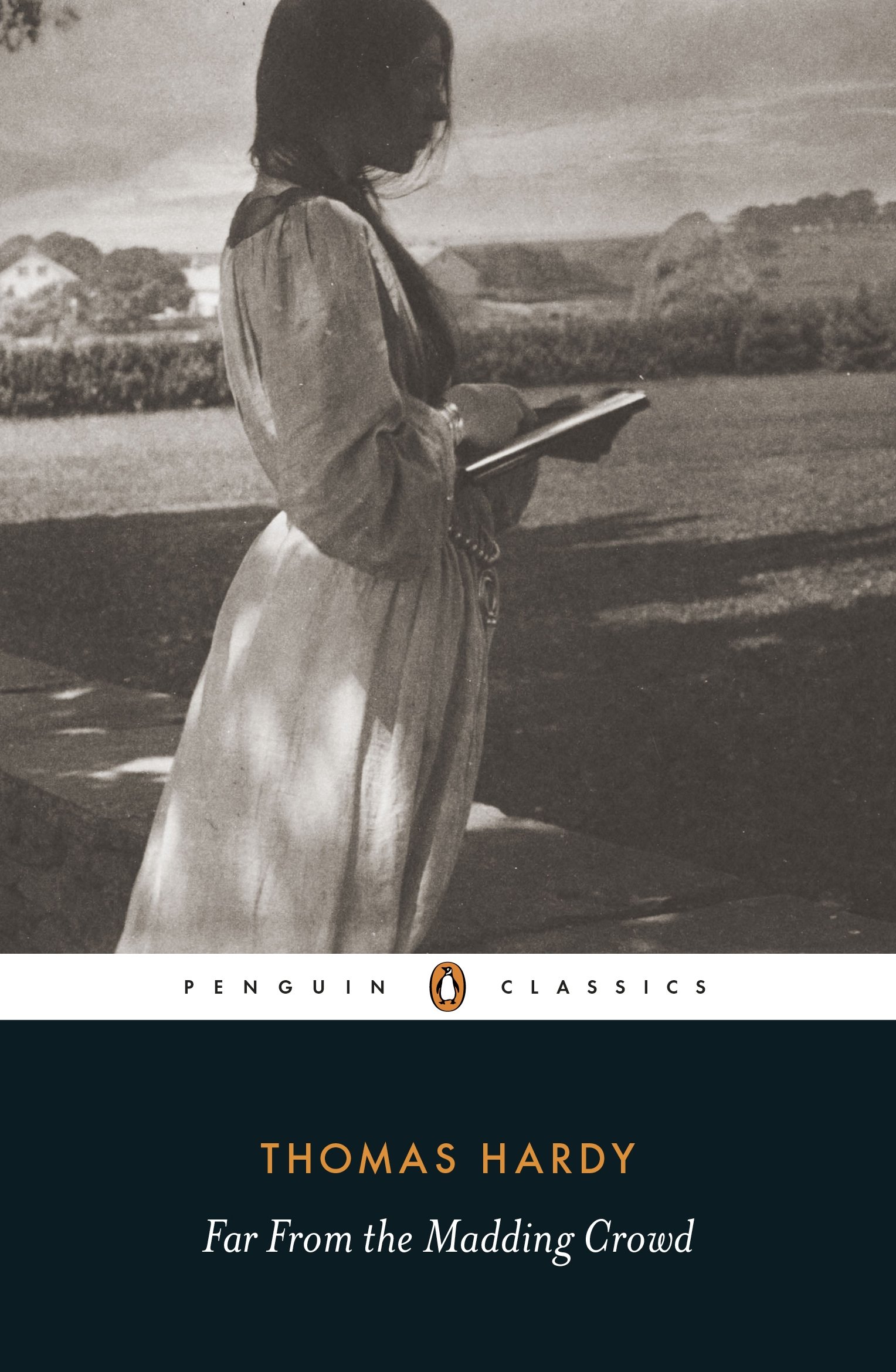
The young and independent Bathsheba Everdene inherits a major estate and manages its farming operations while entertaining interest from three very different men: a gentleman farmer, a rogue sergeant and a quiet shepherd.
Never Let Me Go, Kazuo Ishiguro (2005)
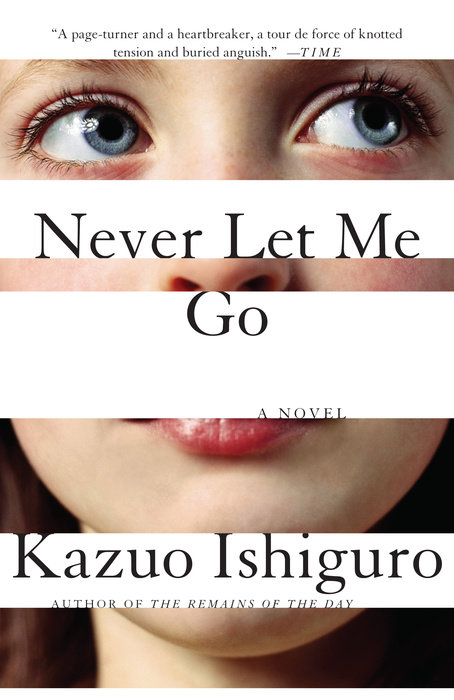
A 31-year-old looks back on her experience at a British boarding school that prepared her and her classmates for a mysterious future marked by sacrifice.
In a 2005 review, TIME called it “a tour de force of knotted tension and buried anguish.”
The Best of Everything, Rona Jaffe (1958)
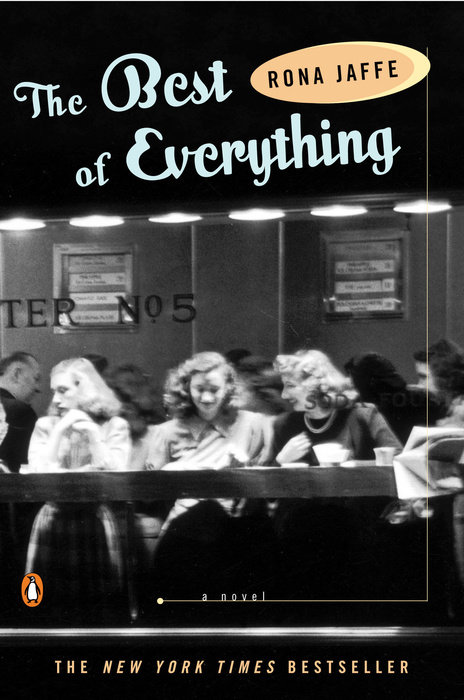
Five young secretaries working at a New York publishing house find their way in the big city. While some set their professional ambitions high, others are looking for a good man to settle down with.
In a 1958 review, TIME called it “a naughtied-up Little Women.”
The Autobiography of an Ex-Colored Man, James Weldon Johnson (1912)
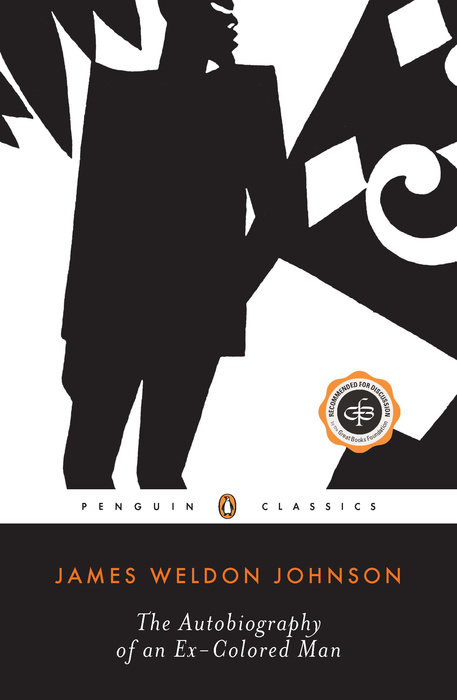
This novel by an NAACP leader recounts a light-skinned black man’s youthful decision to “pass” as white. After traveling the world playing ragtime music, marrying a white woman and starting a family, he looks back on his life and begins to feel he has “chosen the lesser part, that I have sold my birthright for a mess of pottage.”
Fear of Flying, Erica Jong (1973)
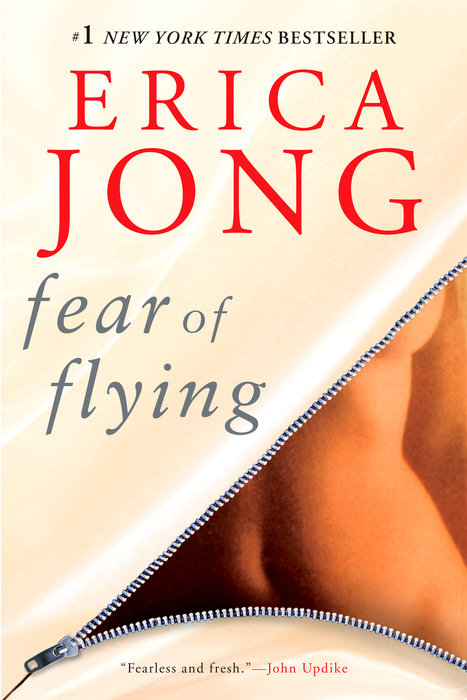
Twenty-nine-year-old erotic poet Isadora Wing became an instant icon in this novel about female sexuality. While on a business trip to Vienna with her second husband, the narrator contemplates her desire for no-strings-attached sex.
You Too Can Have a Body Like Mine, Alexandra Kleeman (2015)
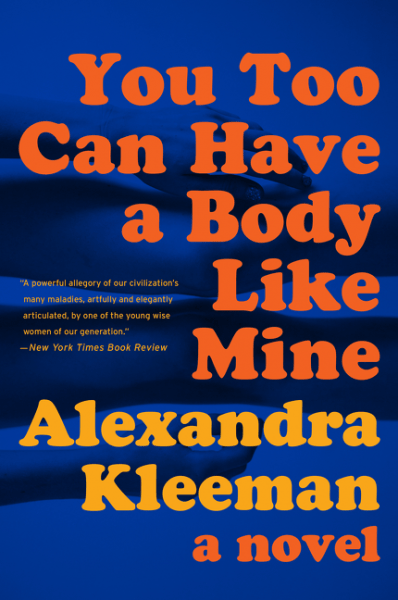
A, her roommate B, and her boyfriend C occupy an unnamed American city and contend with reality television, artificial foods, pornography and corporatized religion.
The Flamethrowers, Rachel Kushner (2013)
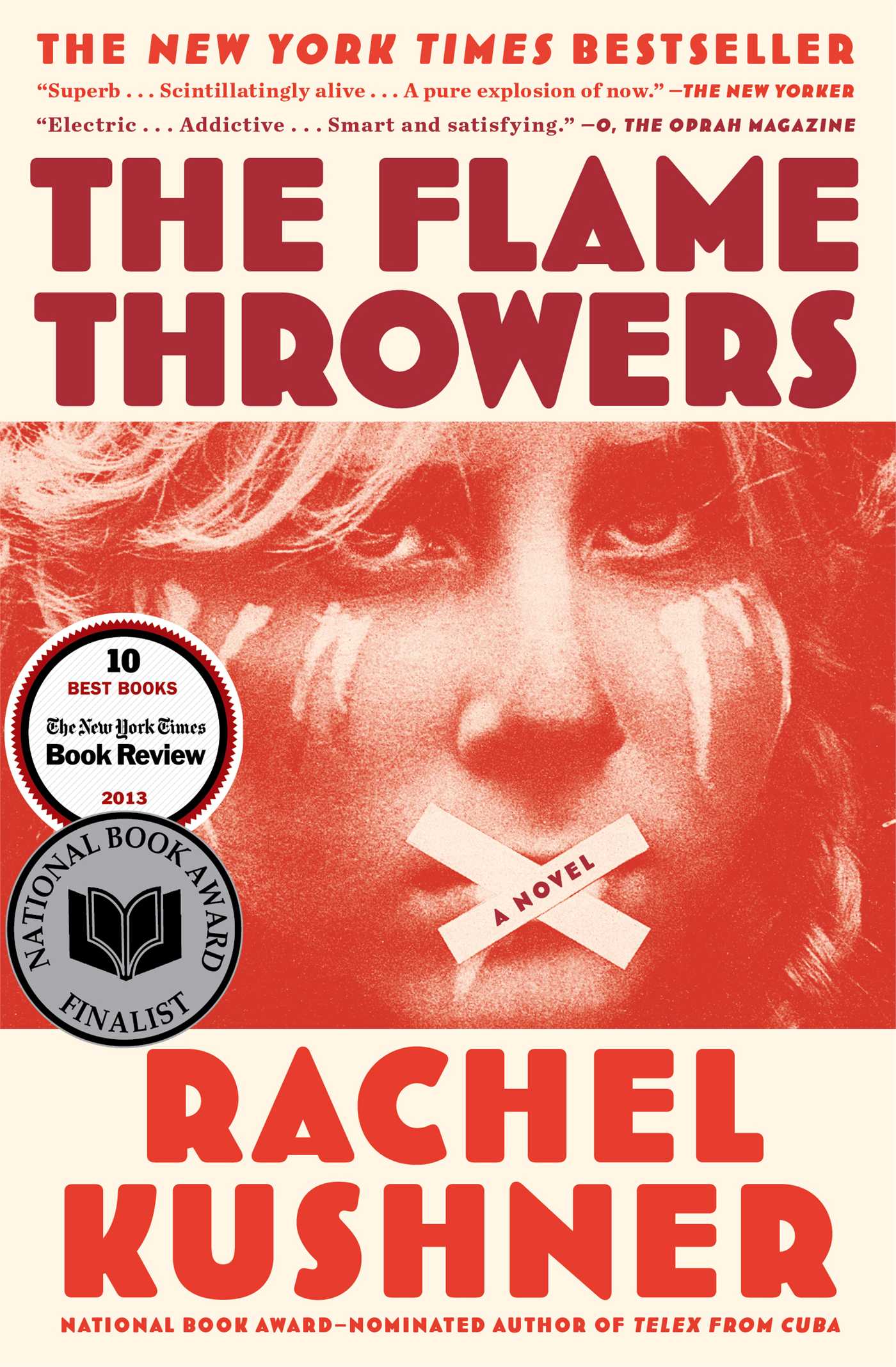
A young, motorcycle-loving artist named Reno (in honor of her birthplace) travels to New York and Italy, encountering forms of revolution everywhere she goes.
In its ranking of the top 10 fiction books of 2013, TIME called the heroine “a bracing twist on the archetypal self-made man. Observant and impressionable, adventurous and unsure, Reno is caught in the act of self-making, and her unguarded spirit mirrors the revolutionary spirit of the age.”
The Namesake, Jhumpa Lahiri (2003)
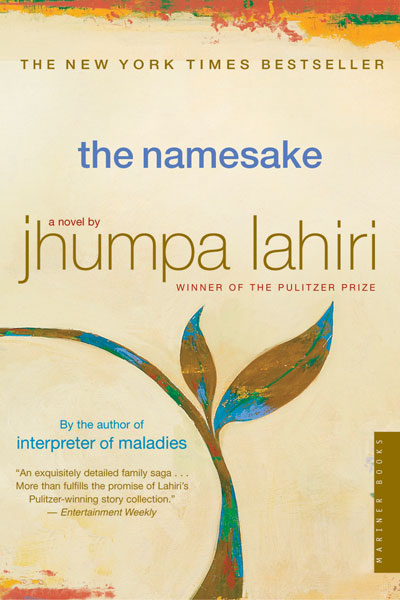
This novel begins with one young couple—Ashoke and Ashima Ganguli, who settled in Cambridge, Mass. after their arranged marriage—navigating life as Indian immigrants, and ends with their son, Gogol, in his twenties. As a first-generation American with an unusual name, he undergoes a protracted identity crisis.
In its ranking of the top 10 fiction books of 2003, TIME wrote, “Lahiri’s crystalline prose captures the rhythms of experience with astonishing vividness, and the joy, sadness and confusion of a life lived in exile.”
Quicksand, Nella Larsen (1928)
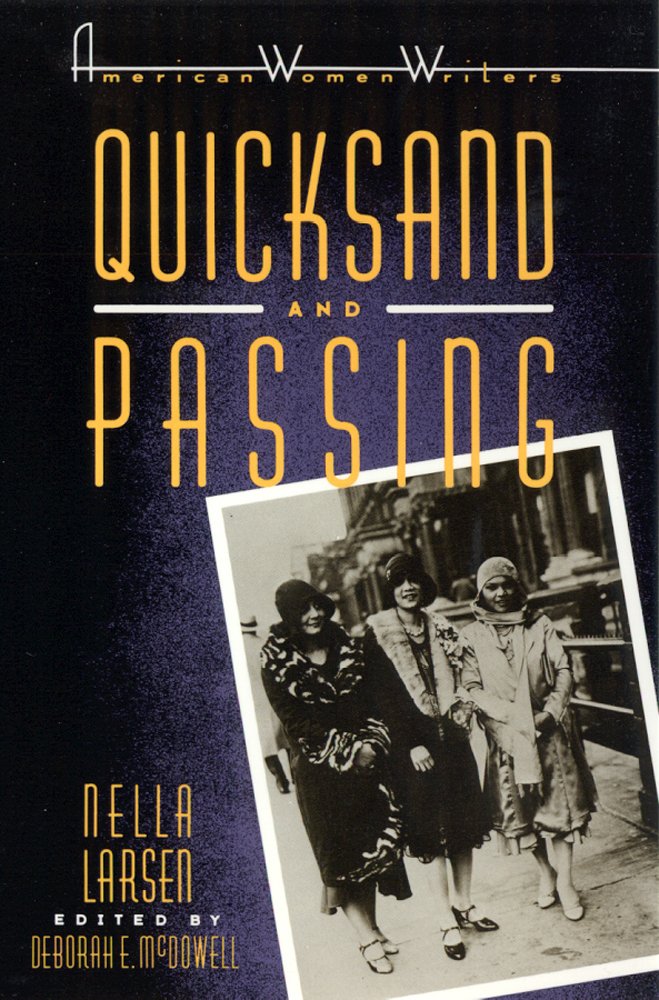
A mixed-race woman named Helga Crane tries to find her place in the world, traveling between Harlem, Copenhagen and the Deep South. Though she has no shortage of suitors, she struggles to decide with whom to cast her lot.
10:04, Ben Lerner (2014)
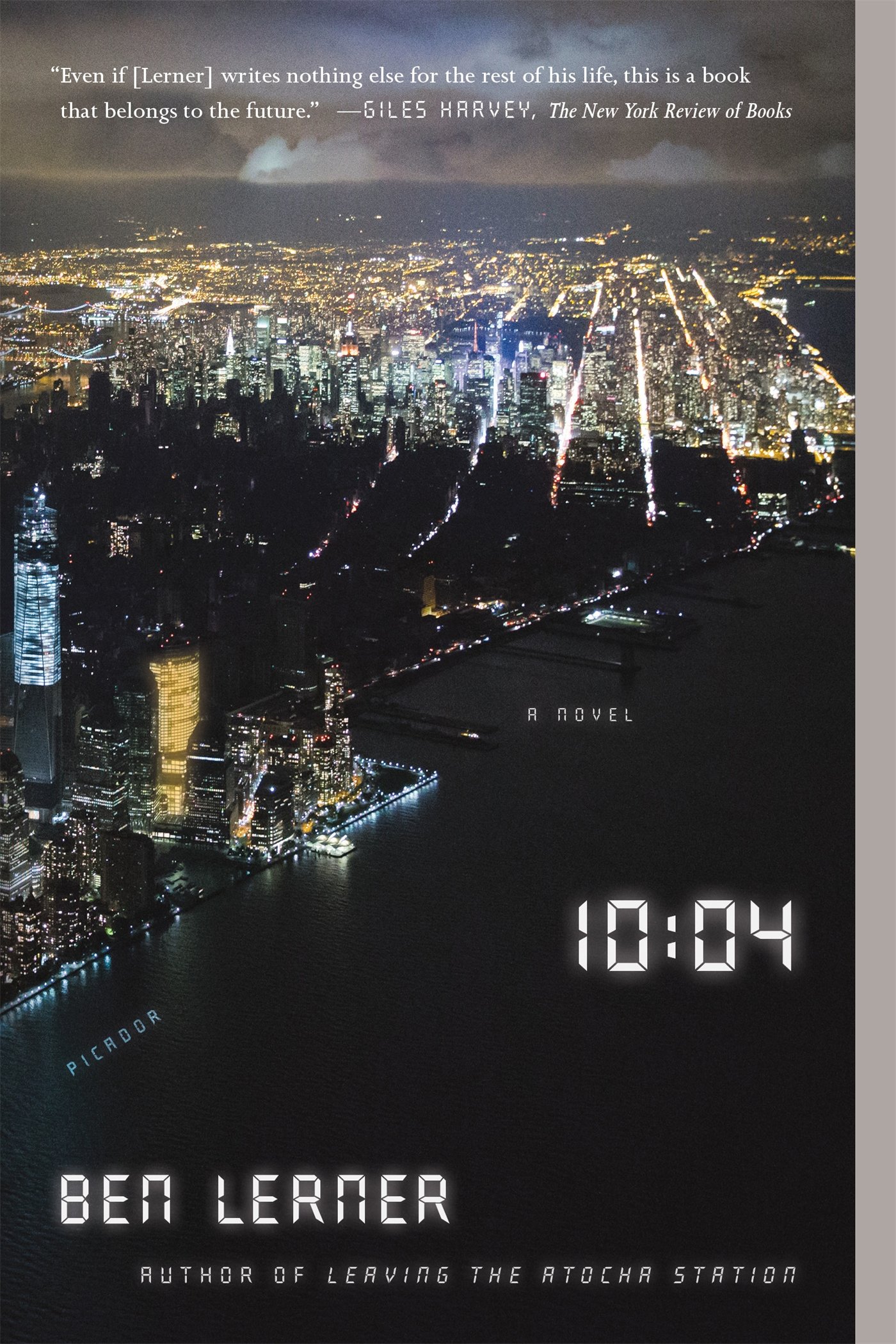
A 33-year-old Brooklynite signs a book deal, confronts a troubling diagnosis, and considers impregnating his best friend.
The Group, Mary McCarthy (1963)
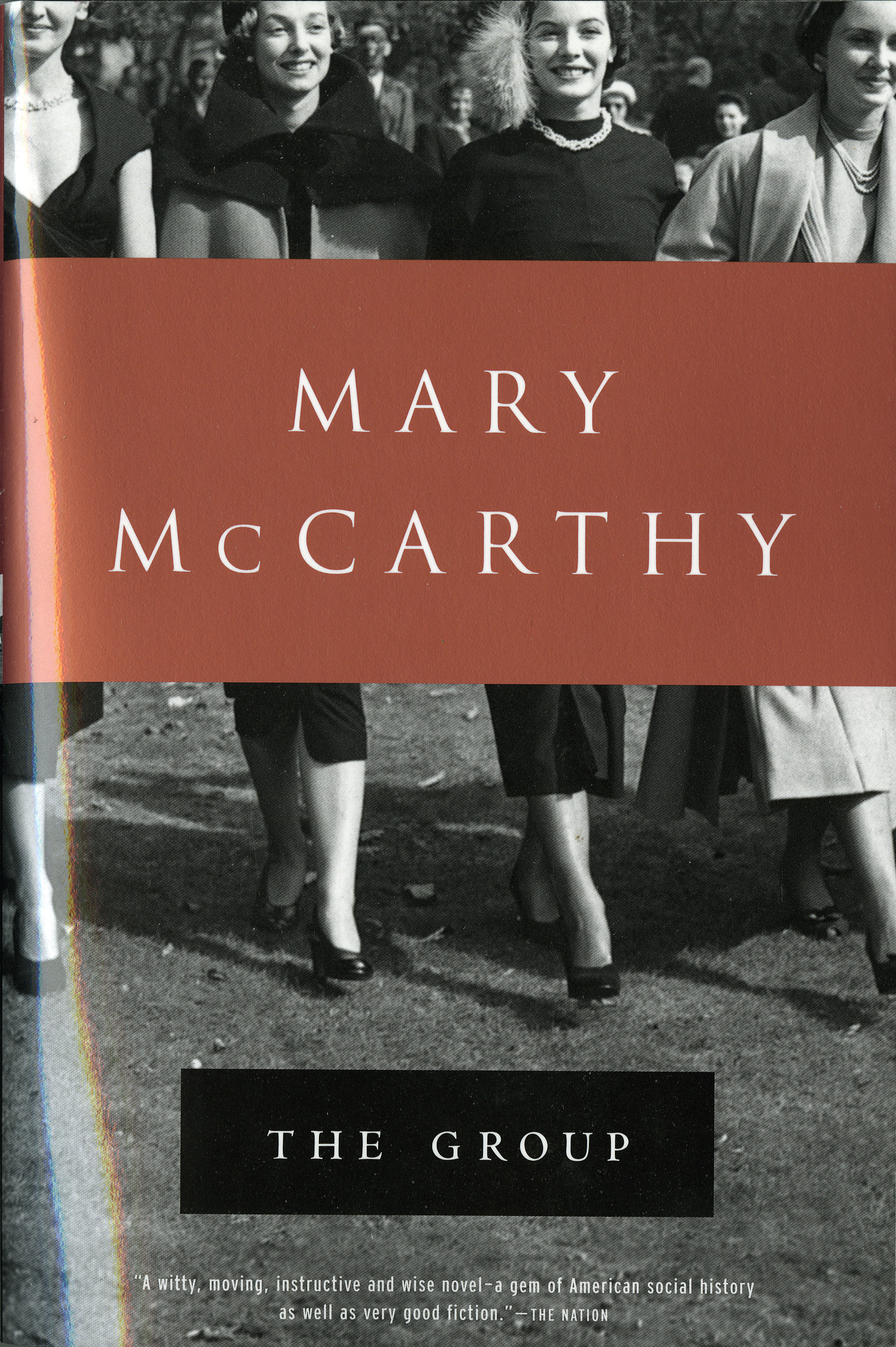
McCarthy’s masterpiece of social satire follows eight Vassar graduates from the class of ’33 as they embark on careers, affairs, marriages, motherhood and other adventures and misadventures. The book shocked audiences with its frank discussions of sex, marriage and other private matters in the lives of young women.
On Chesil Beach, Ian McEwan (2007)
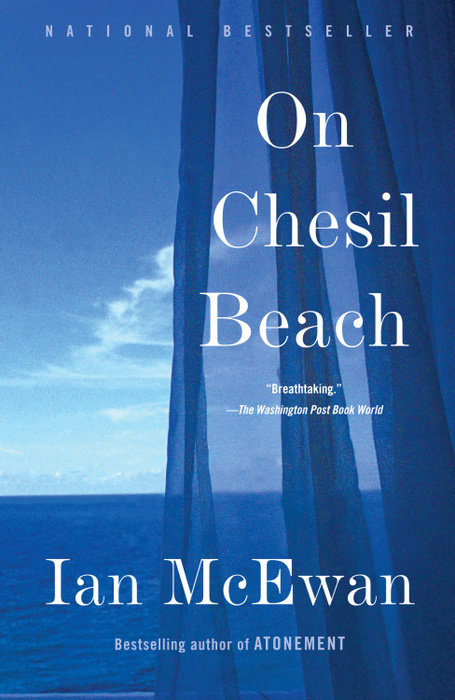
A pair of newlyweds, age 22 and 23, arrive for their honeymoon in Dorset. While he is nervous about consummating the marriage, she is terrified. Their actions on this night have a ripple effect through their lives.
In a 2007 review, TIME called it a, “intensely tender portrait” of a couple.
Waiting to Exhale, Terry McMillan (1992)
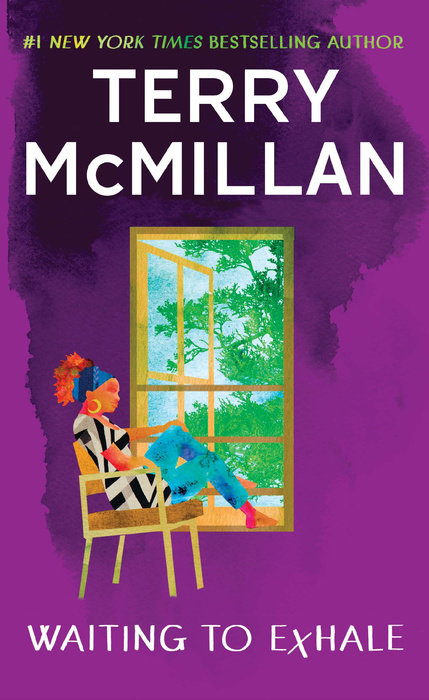
Four friends around the age of 30 each find their love lives falling far below their expectations. While they each wait for Mr. Right to come along, they find happiness in their friendship.
The Emperor’s Children, Claire Messud (2006)
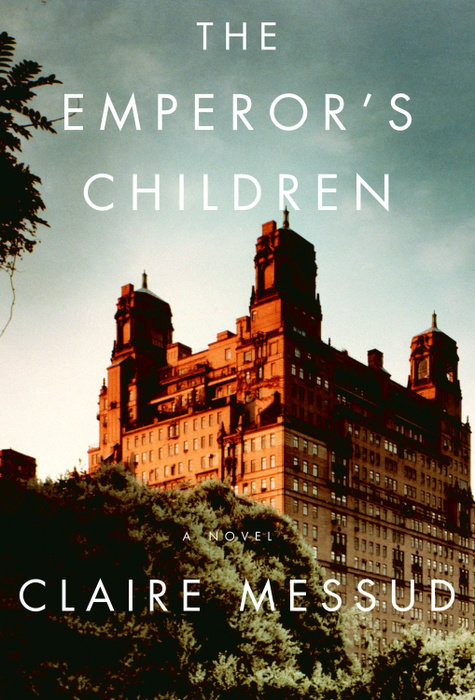
Three Brown University classmates, each about to turn 30, are floundering in their respective careers as a TV producer, a critic and an author. Under the shadow of one character’s father, a famous journalist and activist, they seem unable to get their footing in New York City’s competitive intellectual class.
Jasmine, Bharati Mukherjee (1989)
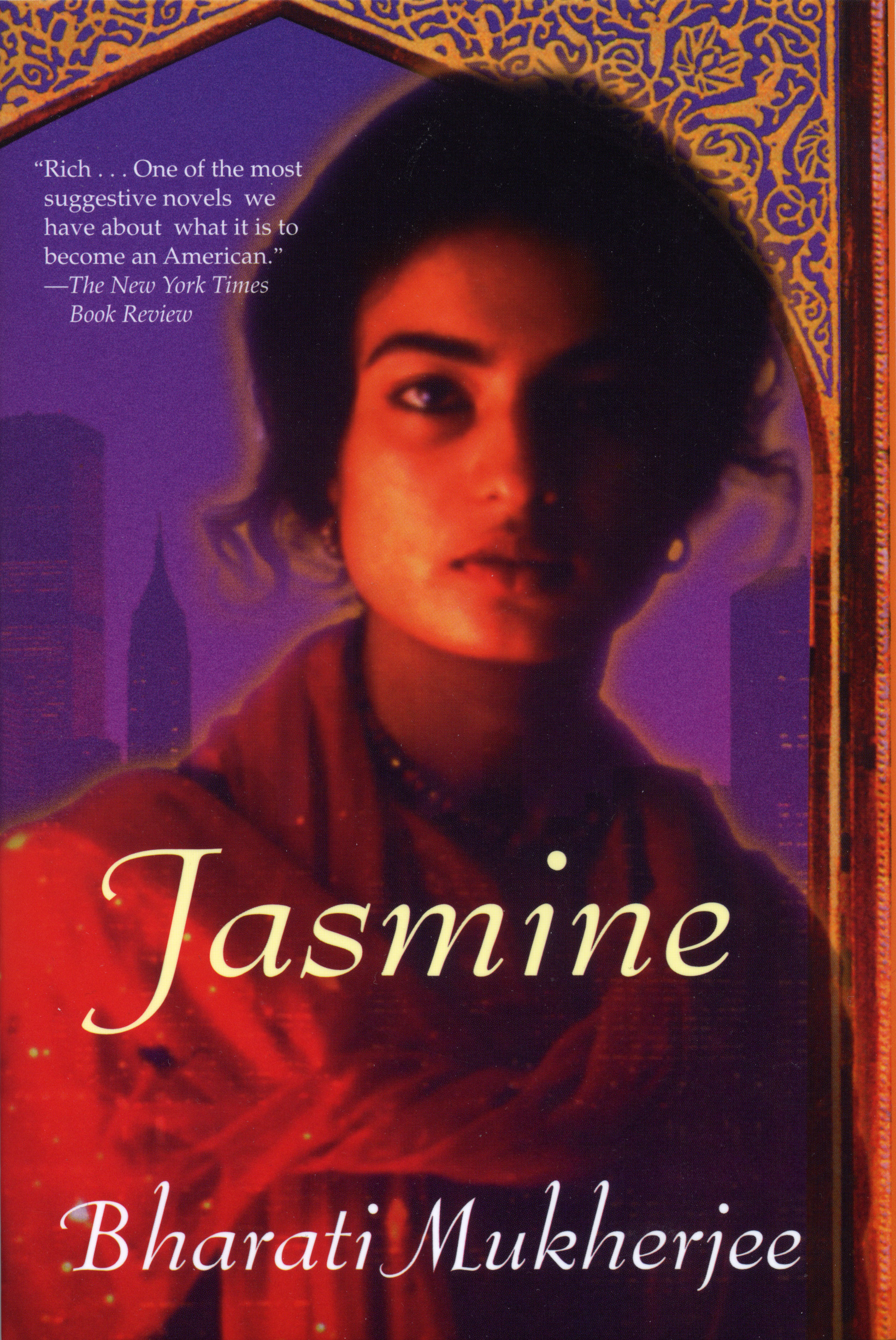
At 17, Jyoti is a widow in an Indian village. By 24, she is pregnant and living in Iowa with a banker and their adopted son. As her life moves along different trajectories, she cycles through various identities: Jyoti, Jasmine, Jane and Jase.
In a 1989 review, TIME wrote that Mukherjee “seems unable to write a false or flat sentence.”
Ceremony, Leslie Marmon Silko (1977)
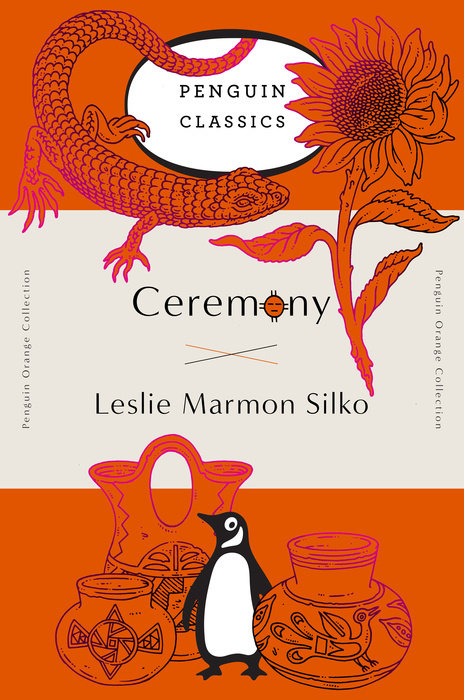
When a young man returns to the Laguna Pueblo Reservation after World War II, he immerses himself in tradition to recover from his trauma and forge a place for himself in the world.
NW, Zadie Smith (2012)

Four sons and daughters of North West London try to build better lives for themselves outside the council estate where they were raised, to varying degrees of success.
In its ranking of the top 10 fiction books of 2012, TIME wrote, “Smith, who has built a solid reputation as a critic, wins points for tackling the big topics—race and class, friendship and romance, childhood and parenthood—in finely honed scenes that feel honest and human, even when humanity seems in short supply.”
The House of Mirth, Edith Wharton (1905)
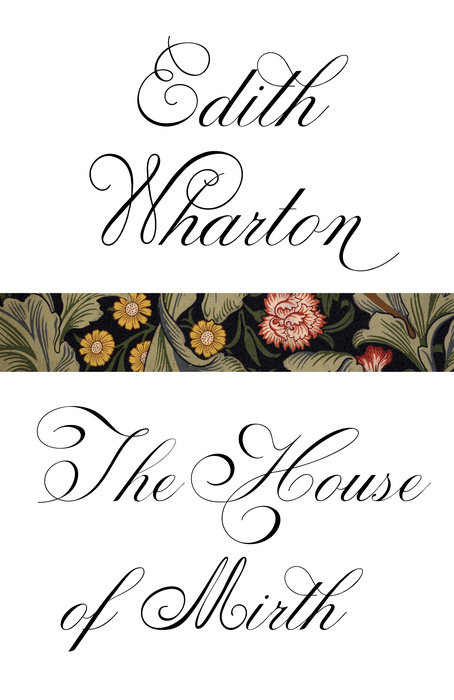
Twenty-nine-year-old Lily Bart will not marry just for love or just for money: she must have both. Steered by her stubborn independence amid the conformity of New York’s Gilded Age, she suddenly finds herself a social pariah.
A Little Life, Hanya Yanagihara (2015)
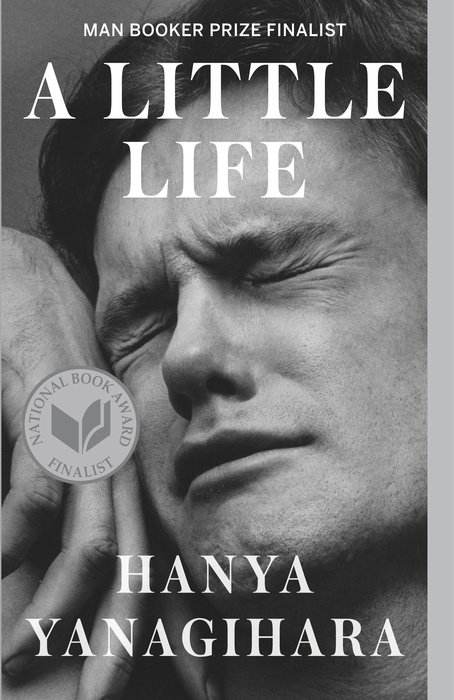
Four young men make the transition from college to adult life in New York City, banding their support around one of the friends, Jude, who is haunted by the horror of his childhood.
More Must-Reads from TIME
- Why Biden Dropped Out
- Ukraine’s Plan to Survive Trump
- The Rise of a New Kind of Parenting Guru
- The Chaos and Commotion of the RNC in Photos
- Why We All Have a Stake in Twisters’ Success
- 8 Eating Habits That Actually Improve Your Sleep
- Welcome to the Noah Lyles Olympics
- Get Our Paris Olympics Newsletter in Your Inbox
Contact us at letters@time.com